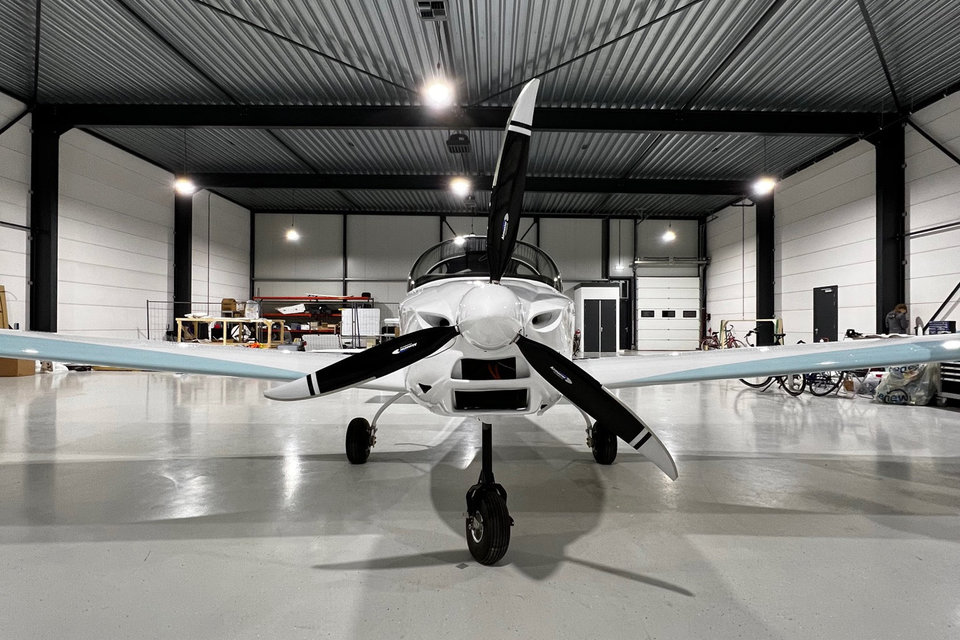“Disrupting medical care in Africa”
Just back from a field trip to a community in his home country of Nigeria, Dr Tope Agbana explains how his innovative diagnostic tool is changing medical care and the future of millions of children in the tropics. “My goal is to develop, produce and implement diagnostic devices for the people in Nigeria.”
By Karin Postelmans • April 6, 2023
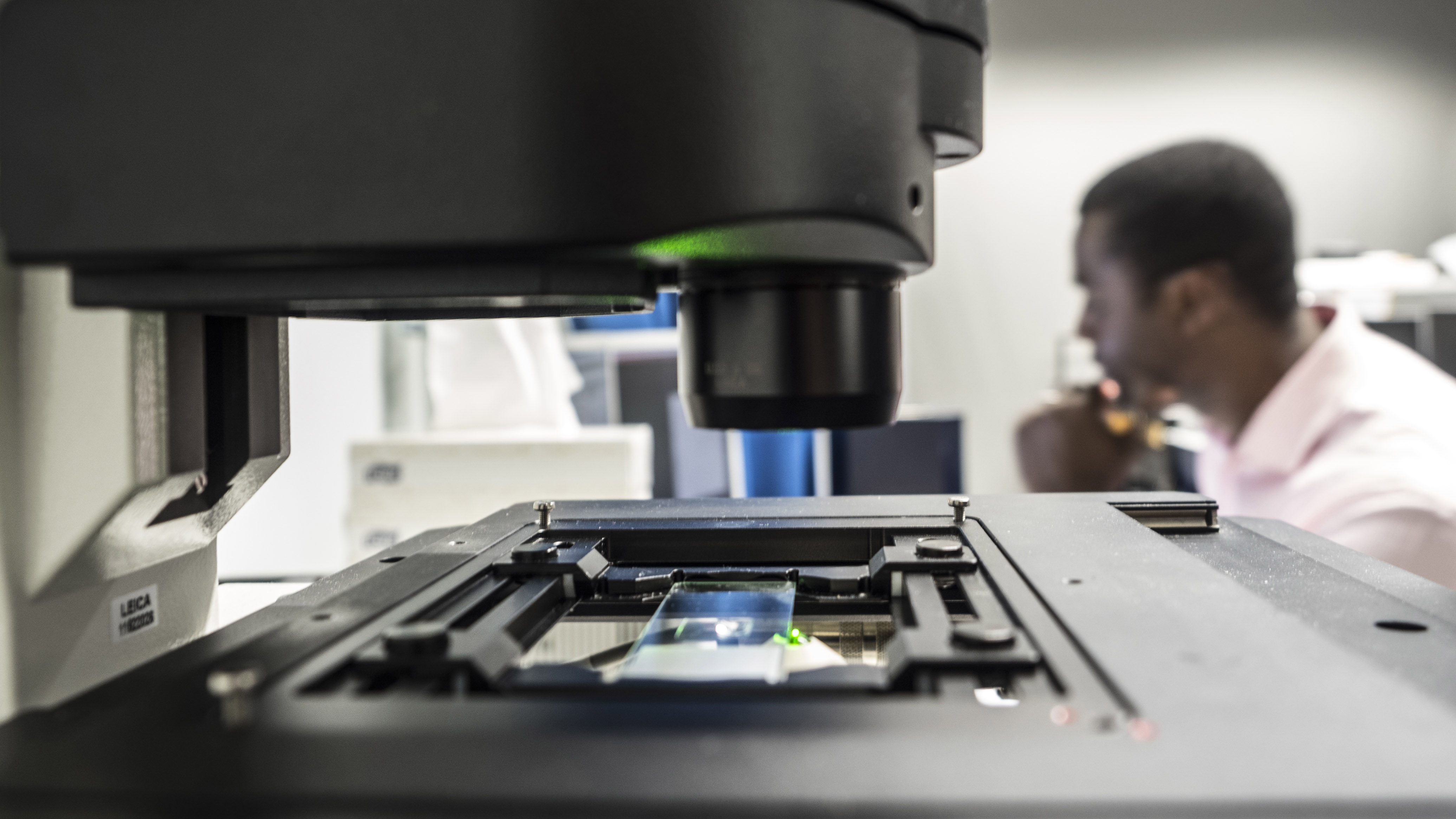
In the community of Gwagwa, Nigeria, Tope Agbana used his innovative diagnostics tool to screen 1,250 children. “We had already confirmed that the device works, but more data helps to improve it further and sheds light on community infection grades. Equally important, the results shock the leaders there. They now realise just how many children are ill. This tool changes mindsets.”
Main cause of death
As a post-doc researcher at the Faculty of Mechanical Engineering (ME) of TU Delft, Tope Agbana decided to explore better ways to detect malaria. It is the main cause of death amongst pregnant women and children, mostly due to poor diagnostics. “Conventional microscopy by highly trained microscopists is the standard diagnostic method. This is available in developed urban areas but not in remote impoverished areas.”
Agbana designed an automated smartphone-based optic diagnostics tool. It combined innovative optimisation of the smartphone’s optical technique with the integration of a smart algorithm. The TU Delft Global Initiative supported the concept with a PhD research position. Agbana developed the tool in cooperation with the Faculty of Industrial Design.
Impact driven
With the support of TU Delft, Agbana also started his company AiDx Medical. It shares research data and offers research opportunities for students. “And thanks to the NWO INSPiRED fund, I can still work as a part-time researcher at TU Delft.” For this, he collaborates with LUMC, the Universities of Ibadan and Lagos in Nigeria, and Cermel Gabon, a leading medical research centre.
“Our project is impact driven. My goal is to develop, produce and implement diagnostic devices to change the future of millions of children.” This entails extensive travel to Nigeria, often accompanied by TU Delft students. “You need actual boots on the ground to gather data and forge collaborations. And to talk to the people who are going to use the tool. Is this the best solution?”
Broader scope
It appeared not to be the case. “Mobile phone-based sounds great but it had many impracticalities in the field. So we changed the concept.” His group also broadened the scope. Automated optical diagnostics can be used to screen for more neglected tropical diseases (NTDs) than malaria. One such disease is urinary schistosomiasis, which is caused by infection with a parasitic worm. It can cause serious organ damage and lymphatic filariasis - a mosquito-transmitted disease that leads to enormous and debilitating swelling of the limbs and scrotum.
The change of concept resulted in the AiDx Medical Assist. This shoebox-sized device contains a standardised optical system and a processor with artificial intelligence for analysis. It is easy to use and has a battery with backup. “Now it ties in with the needs in the field.”
AiDx Medical Assist ties in with the needs of the field
Proper feeding
The screening Agbana recently conducted in Nigeria was for urinary schistosomiasis. According to WHO standards, 50 worms in a sample is evidence of a high infection load. “Many of the children had 2,000 worms or more. I wept when I saw this,” Agbana admits. He alerted a nearby NGO to start treatments. They were willing but couldn’t because, for the treatment to work, the children needed proper feeding first. So Agbana arranged for food. “Not for all of them, unfortunately: just 60 children. I cannot do research, pack my bag and go. That is not why I am here. I am here to make a difference.”

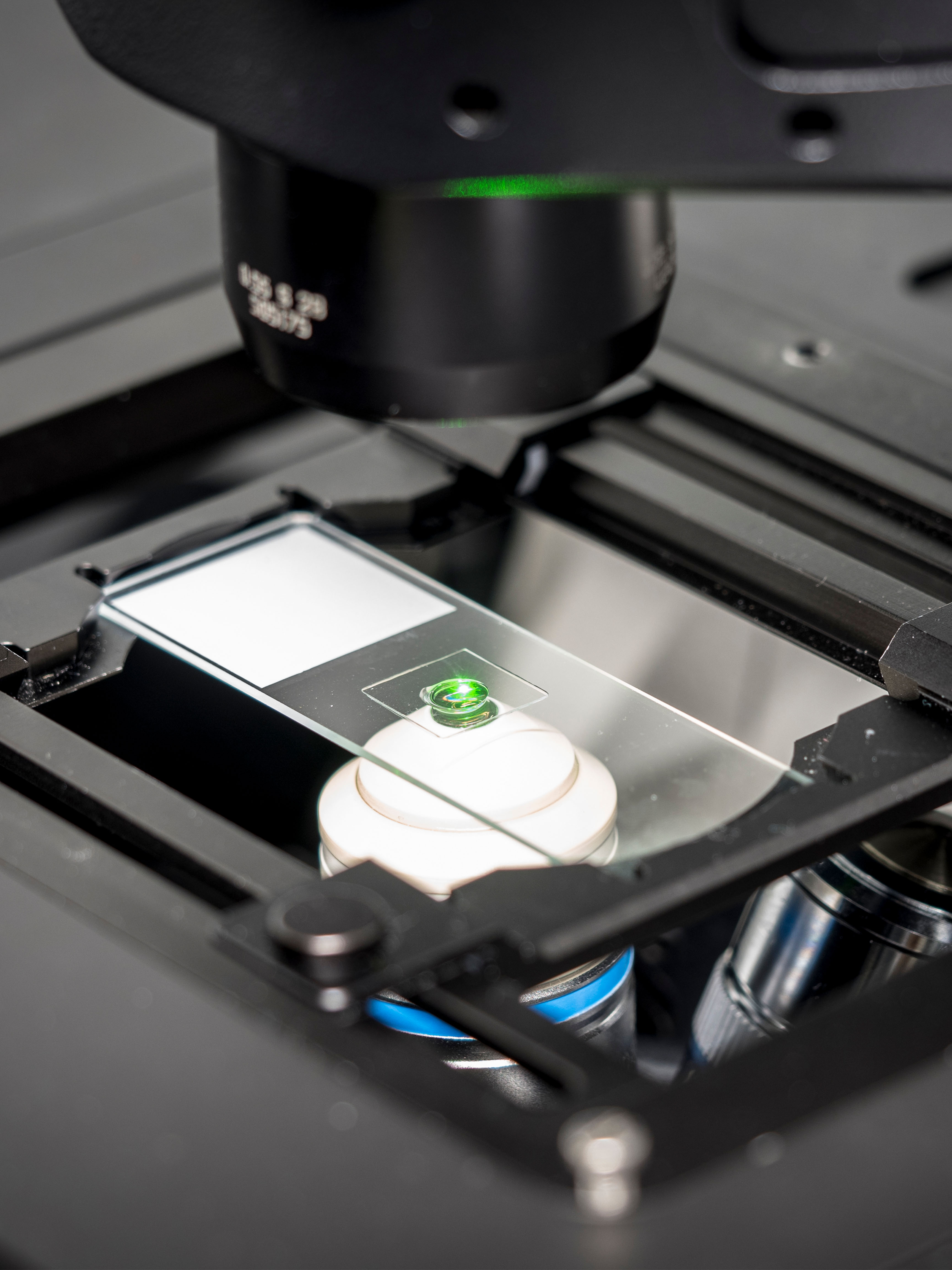
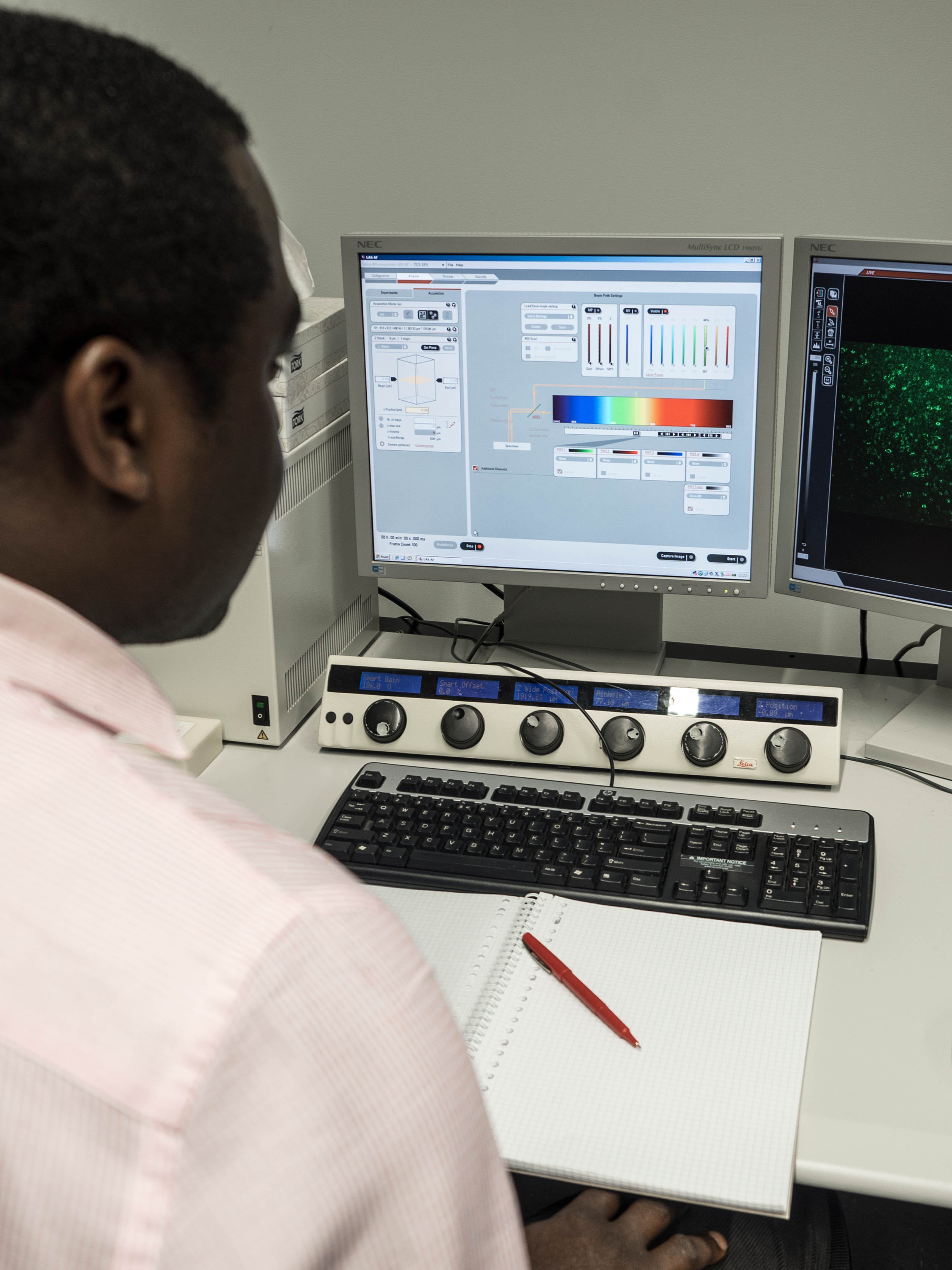
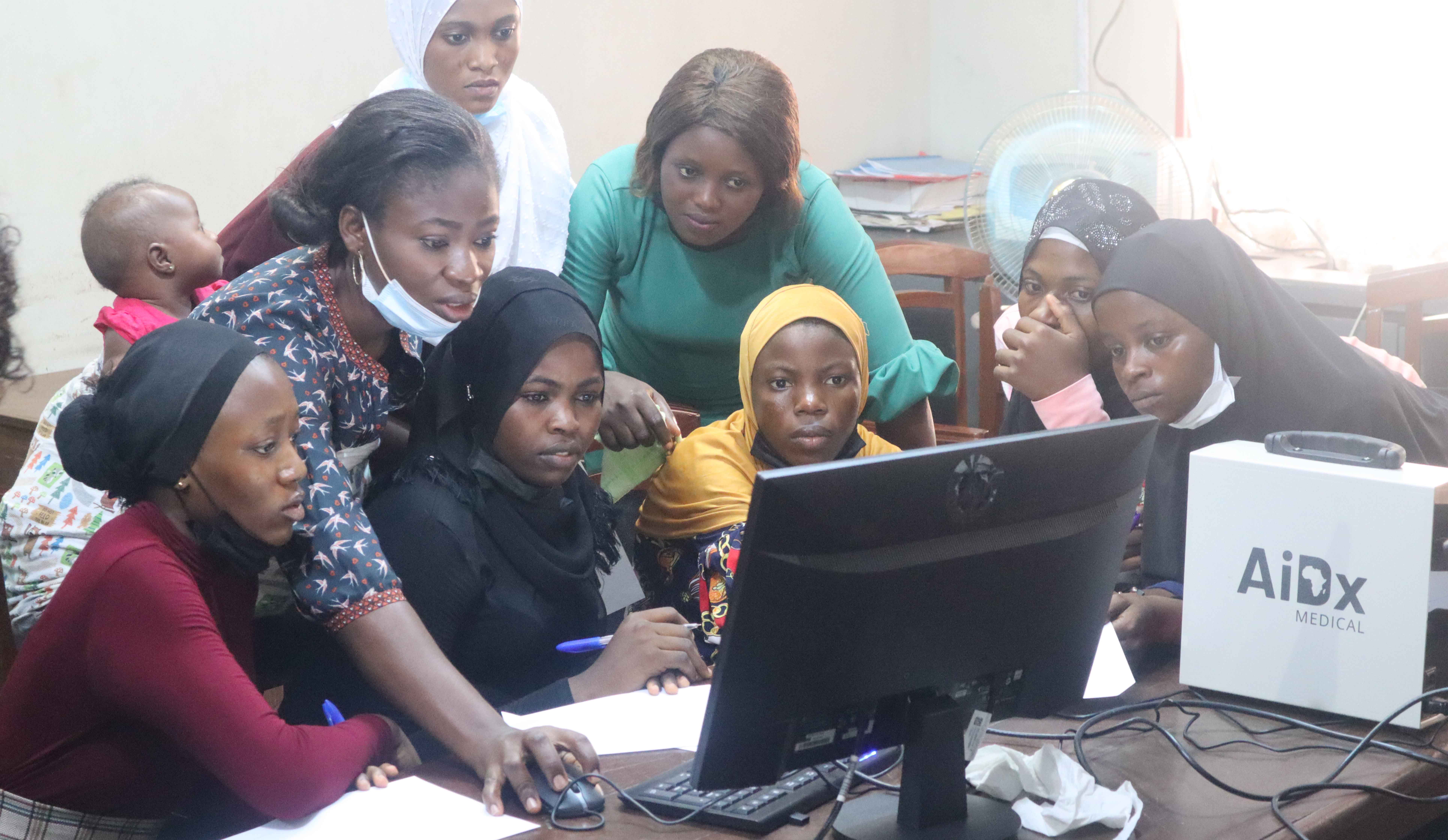
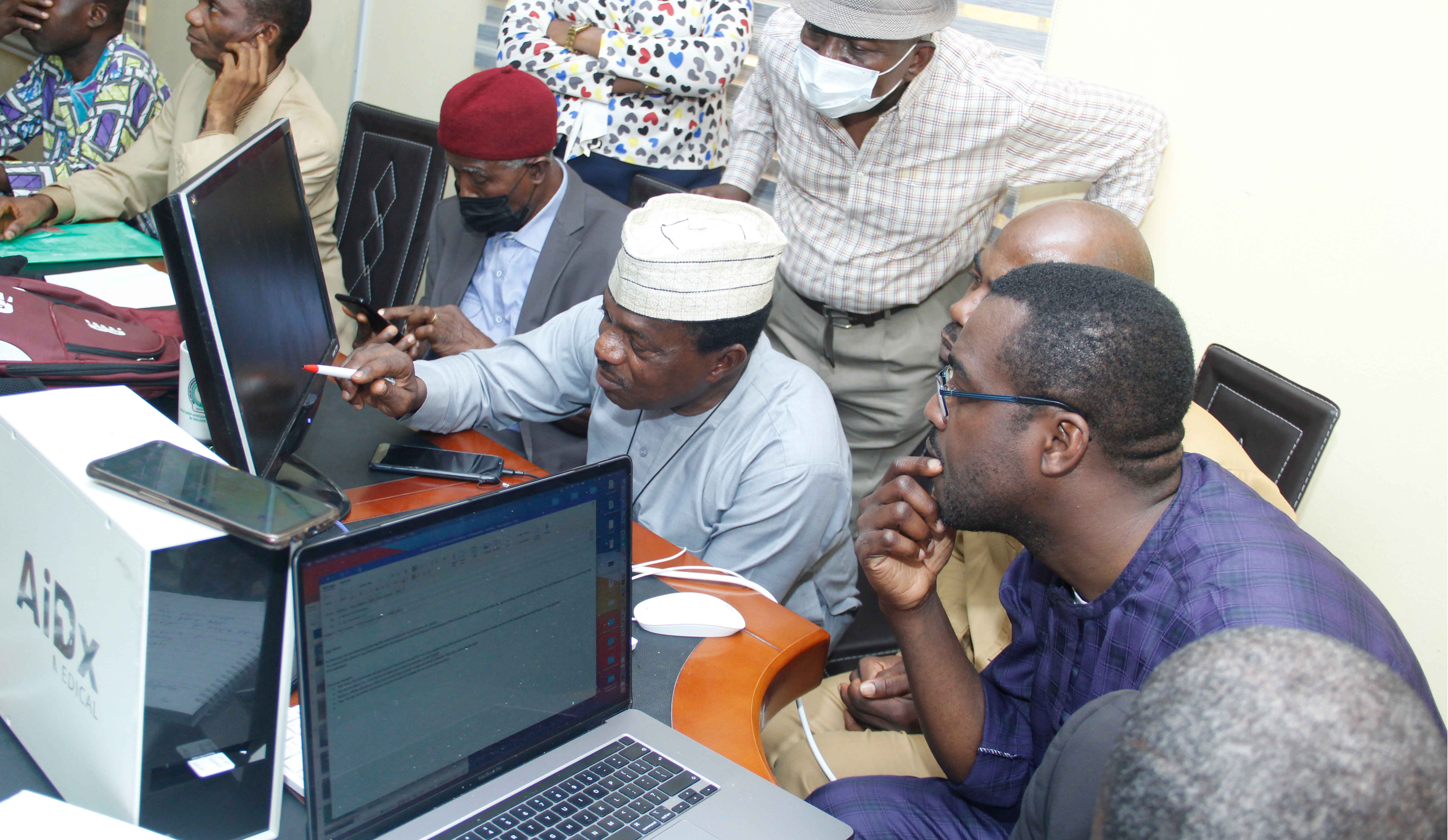
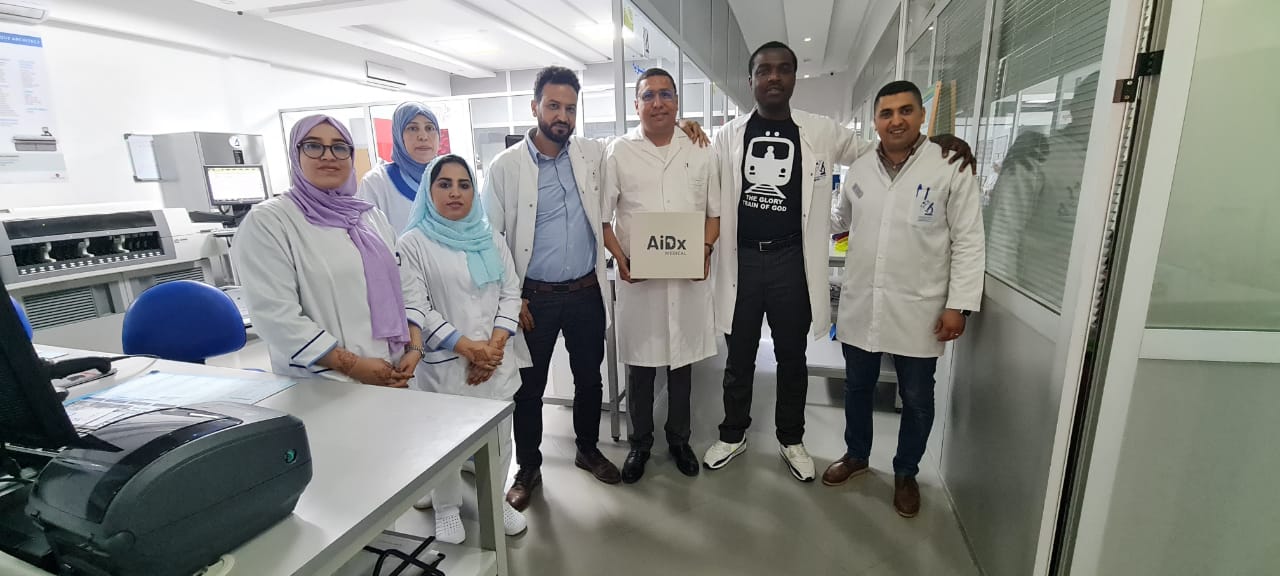
![[Translate to English:] [Translate to English:]](https://filelist.tudelft.nl/_processed_/c/8/csm_David%20Peck%20-%20web_7233a65c29.jpg)

